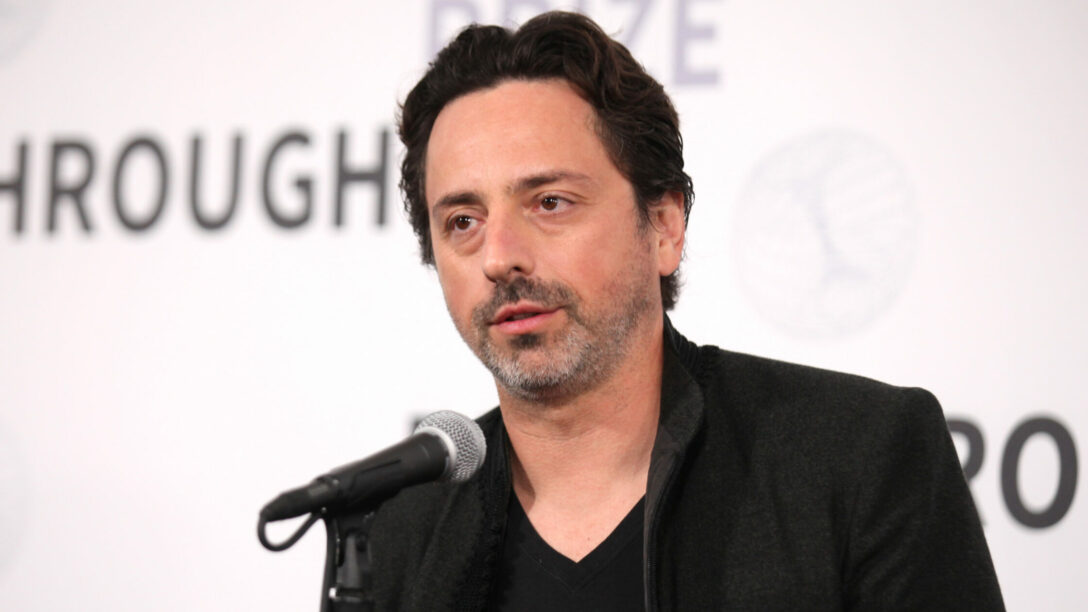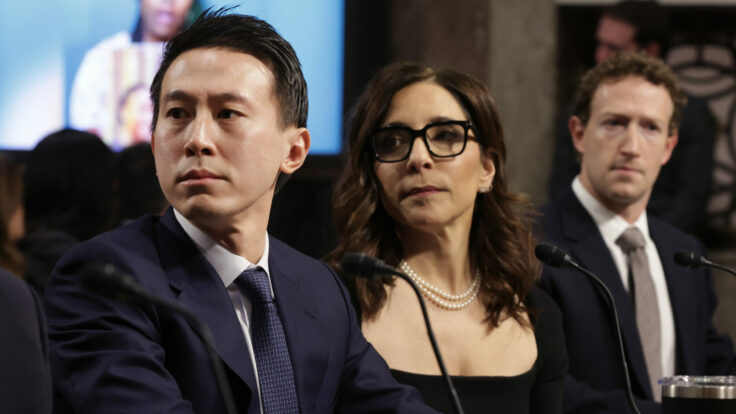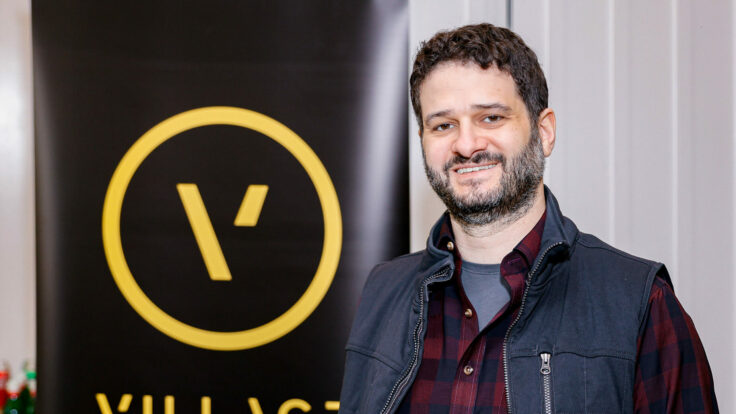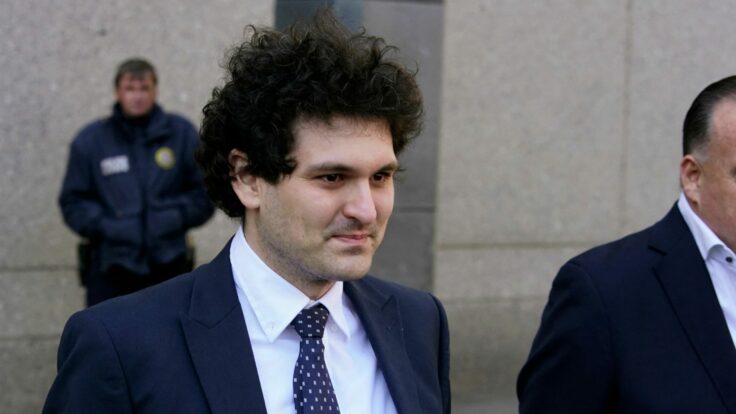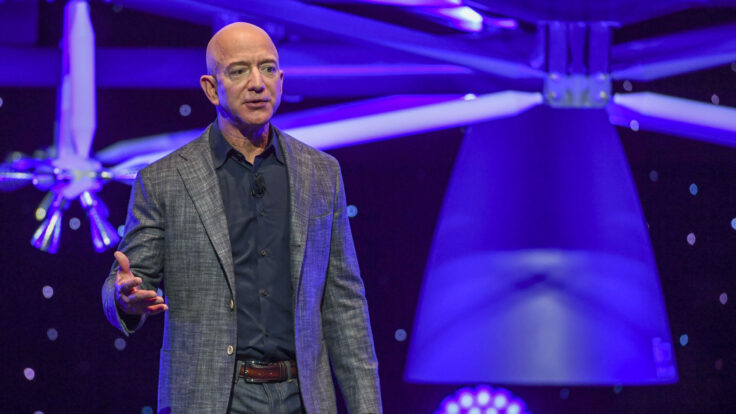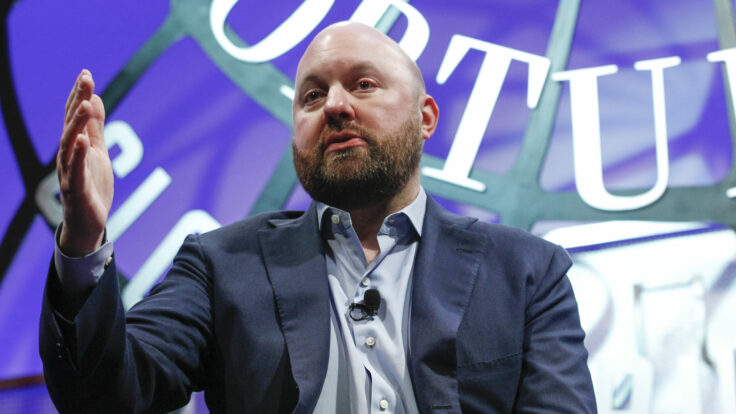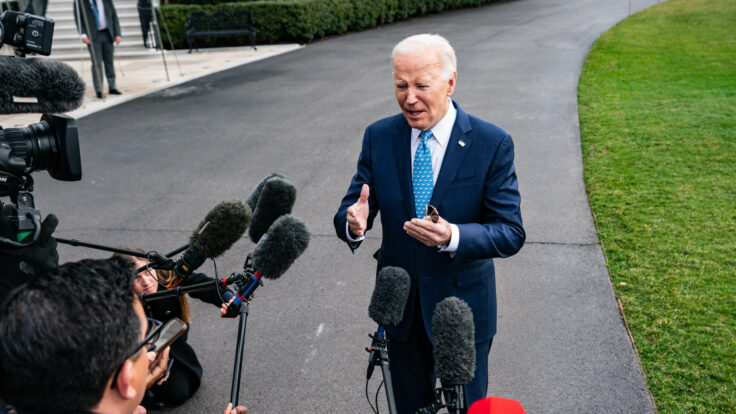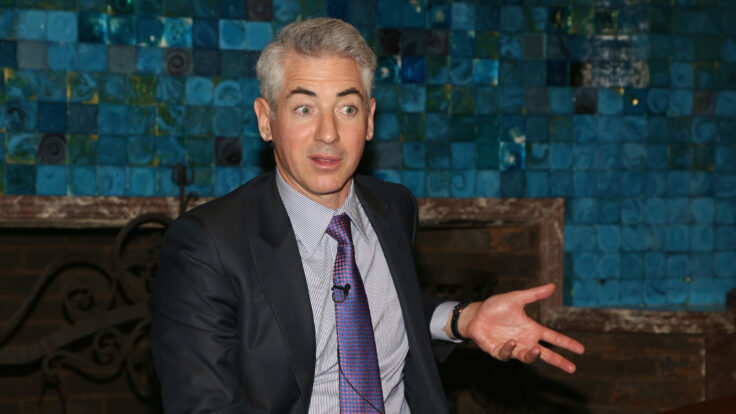Of all the surprises offered up in last month’s explosive, disputed Wall Street Journal investigation into the allegedly overlapping private lives of Elon Musk, Nicole Shanahan, and Sergey Brin—the purported “liaison” at Art Basel, the “rupture” and the bended-knee apology—the most revealing detail is Brin’s decision to dump his holdings in Musk’s companies. Not because it is market-making news: Brin holds less than 5 percent of Tesla’s stock, doesn’t sit on any of Elon’s boards, and may not have followed through with the divestment, anyway. Indeed, the Journal didn’t even mention the name of the immense entity that would have engineered those transactions and is now being thrust into the public eye: Bayshore Global Management.
But Bayshore has a fascinating story, in part because it is so private. Despite its estimated $100 billion in assets under advisement—greater than the endowments managed by Harvard and Yale combined—Bayshore has no website featuring its investment strategies, ultra-experienced security personnel, executive chefs, or yacht captains. There is no florid Silicon Valley-inspired mission statement describing how it is changing the world. Instead, the organization at the center of one of the industry’s most epic feuds and divorces is cloaked in secrecy—or in the delightful argot of the U.H.N.W., client discretion—which is, by design, the central value proposition of the entire family-office industry.
